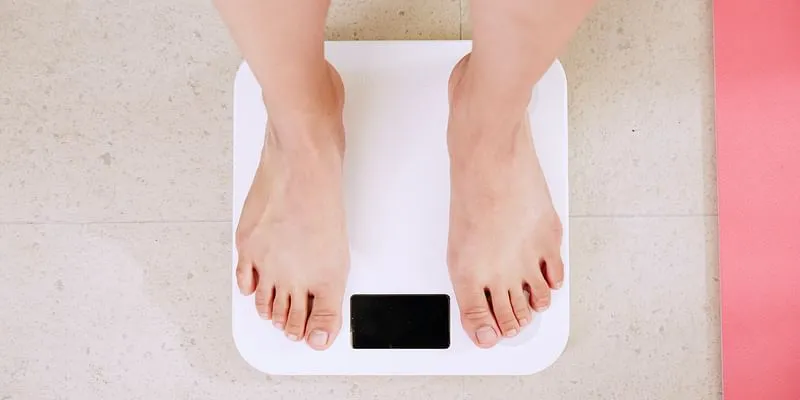Diet plans: All you need to know before you start one
Every dietary approach has some sense behind it, some benefits, and something that might be challenging. We take a look at some of the popular aspects.
Diets can be so confusing. Every day there are new dietary approaches supposedly validated by new research, and yet they are such opposite views! Nutritionists seem to have dramatically opposite approaches as well. So, in this digital age, when you follow two of them who seem to say the opposite of each other, it’s no wonder that you seem baffled.
The truth is that every dietary approach has some sense behind it, some benefits, and something that might be challenging. It’s important to look through these aspects.
There is no one-size-fits-all. Everyone may need something at specific times, based on the health of systems within, symptoms, and based on practical aspects.
Let’s take a quick look at some popular approaches.

Image source: unsplash.com
Eating every two hours
Eating every two hours is one of the most popular ways of eating.
If someone is struggling with adrenal issues, which can show up as poor blood sugar control, anxiety, poor sleep, or high stress, it can be helpful to eat this way initially as it supports adrenal recovery.
However, there can be long-term challenges, which are often ignored. The migrating motor complex is a pattern of electromagnetic activity observed within your gastrointestinal tract during gaps between meals. Think of it as waves of cleansing peristalsis that occur every hour and a half to almost four hours. It is your intestine’s way of deep level cleansing, and it can only occur if there is a gap between meals.
When you eat every two hours, you prevent optimal functioning of the MMC and this can increase your risk for gut infections like SIBO, which will show up as a diagnosis of IBS.
More and more research shows that you need a gap of 3-5 hours between meals. Ayurveda has always brought attention to avoiding too many snacks.
Therefore, this is not a long-term dietary approach. It can be therapeutic as an approach to stabilise adrenal function.
Low-fat diet
Several dietary approaches can point towards a low-fat one. While lowering fats and not including any ghee or coconut oil can be great as a short-term approach to give the liver a fat break, long-term low-fat diets have detrimental consequences. It’s common to see serum lab markers in those who have been on low-fat diets point towards poor hormonal health.
Dietary fats from ghee, coconut oil, coconut milk, sesame oil, and other dietary fats are the building blocks of cholesterol in the body. Your body uses cholesterol to produce steroid hormones and sex hormones. When your total cholesterol is excessively low, you will find that you also have low levels of estrogen, progesterone, and testosterone.
There come all the hormonal symptoms and then the common approach is to take birth control pills or look for magical hormonal juices. Low-fat diets are also correlated with anxiety, depression, and mood fluctuations. Avoid a low-fat diet except as a short-term approach. Short term, it can be great to help recover from liver issues.
Keto
The ketogenic diet was never a diet created for weight loss. It was meant to be supportive of healing brain conditions. There is no doubt that a higher fat diet is better than a low-fat diet, as it supports health hormones and the brain. However, it can be done in a very clean way or in an inflammatory way. Think of this as clean versus dirty keto.

Image source: unsplash.com
When keto is filled with processed foods and high levels of dairy including cheese, it can simply become an inflammatory diet. If it is low on fiber, it can lead to challenges with digestion, gut dysbiosis, and a reduction in the diversity of gut bacteria. It can also lead to deficiencies including selenium, which can impact thyroid health.
This is one diet that really needs to be monitored by someone who can be aware of all that needs caution. Following it with guidelines from someone whom you cannot question or not understanding if your liver and gallbladder can support such a diet at that point in time might be asking for trouble.
Anti-candida diet
It was strange to come across an article about health trends where a popular nutritionist had mentioned that there was no science to the anti-candida diet. The anti-candida diet is a low glycemic diet without sugars, starches, and anything that can feed candida. The truth is that candida has a lot to do with diet and microbiome health. Those who have frequent antibiotics and high sugar diets clearly struggle to get over these recurrent infections.

Image: unsplash.com
Diet can be the key to breaking that vicious cycle of infections and medication. However, using such a therapeutic diet as a method of weight loss can be risky.
The other aspect to consider is that many people who attempt such diets also tend to use more artificial sweeteners like sucralose, aspartame, erythritol, and maltitol. Many artificial sweeteners are linked to impact on the microbiome.
Whenever you attempt a therapeutic diet, always do so under proper guidance.
In a world of easy access to information, always check the source of any information. If you do not require a therapeutic diet, always turn to ancient wisdom and simply eat three balanced meals without snacking in between.
Edited by Megha Reddy









